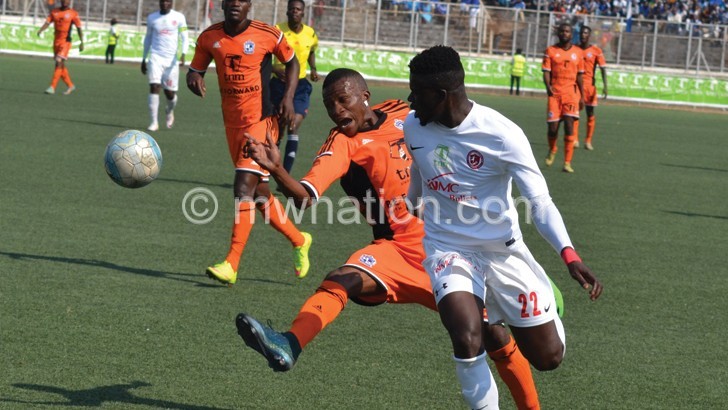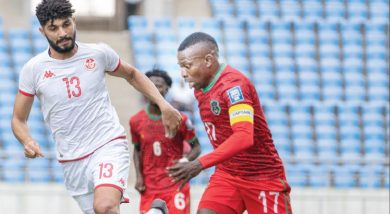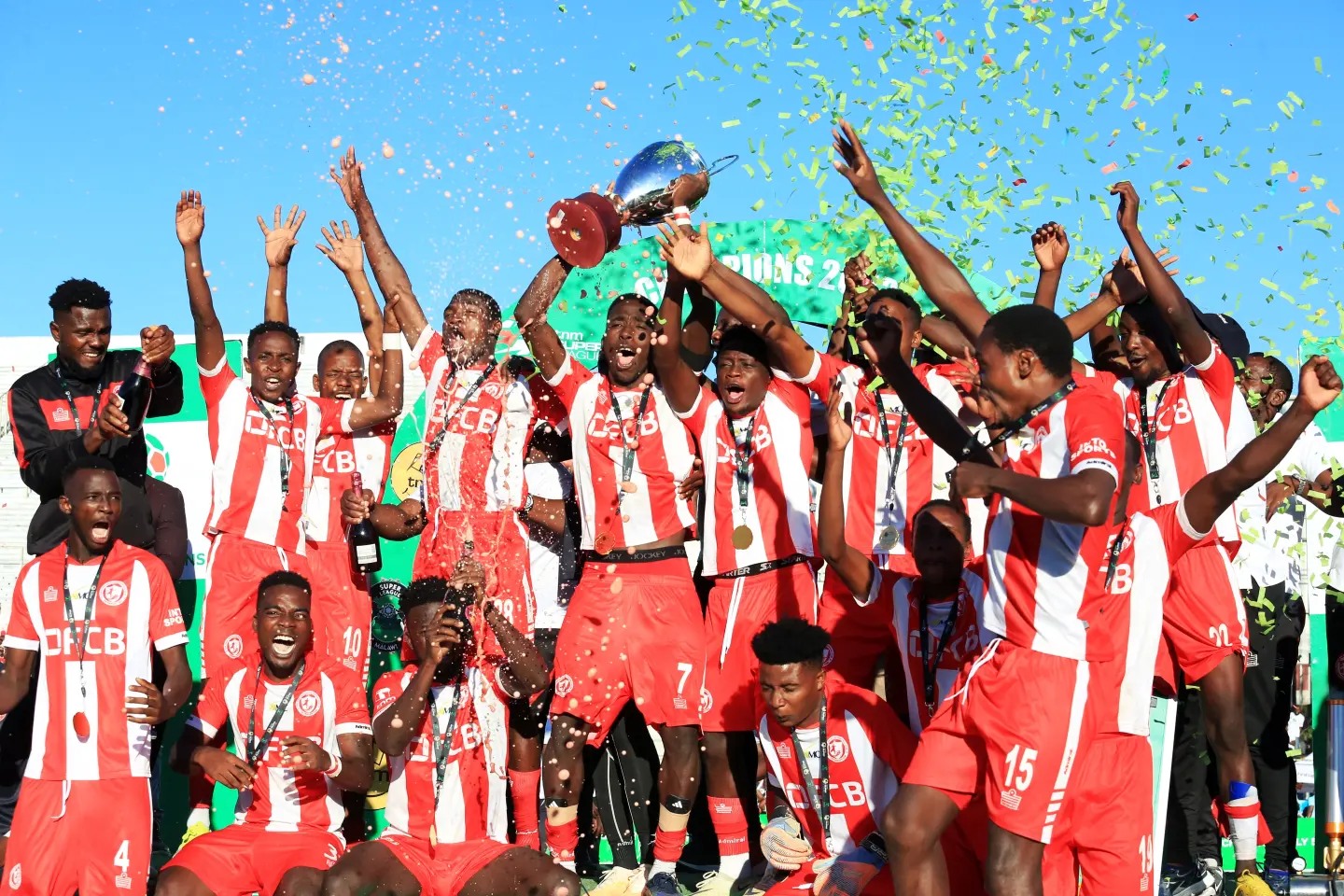Clubs demand clarity
Some TNM Super League clubs are demanding transparency in the way the Super League of Malawi (Sulom) is handling the current game-by-game broadcasting rights deals with media houses.
Among others, defending champions Be Forward Wanderers, Nyasa Big Bullets and Silver Strikers said despite the first round of Super League concluding last week with a number of games being broadcast live on television and radio stations, Sulom is yet to brief them on how much has been made through the rights deal so far.

Sulom charges the media houses K450 000 to beam a Super League match on television and K350 000 to broadcast it on radio.
Said Bullets chief executive officer Fleetwood Haiya: “After the first round concluded last week, we are still in the dark on how we would benefit from the current deal.”
“We learned a bitter lesson and we cannot repeat the previous mistake. There is a need for a reconciliation to be done earlier so as to know how much has been made so far from the deal and how much each club would be getting before the [current] arrangement proceeds in the next round.”
Wanderers chairperson Gift Mkandawire and Silver general secretary Thabo Chakaka-Nyirenda feel it is time to clear the mist about the deal.
“We really need to know the progress of the current deal and there are a lot of things that are supposed to happen but are not happening. We need some clarity,” Mkandawire said.
While agreeing that there is need for a proper meeting with the clubs to thoroughly discuss matters of the current broadcast deal, Sulom treasurer Tiya Somba Banda said he could not tell when such a gathering can take place.
He also explained that it was already agreed with the clubs that teams involved in a broadcast match would be sharing equally 80 percent of the rights revenue while 20 percent would be going to Sulom.
However, the Sulom treasurer said the revenue they have made in the first half of the season would be known at the end of this week. He, as well, said he could not explain approximate figures as regards the number of games that have been broadcast and how much has been generated.
“Of course, a number of games have been broadcast on television and television stations but, off my head, I cannot tell how many matches have been broadcast so far as we are yet to compile such statistics. We hope to complete this job this weekend,” he said.
In countries such as South Africa, England and Spain, football teams make a lot of money through broadcast rights but the system is yet to be seriously embraced in the country.
Football marketing expert Felix Ngamanya Sapao said, depending on the agreements among stakeholders, it is normal elsewhere for the discussions regarding rights revenue sharing to happen after the broadcasting of games has already started.
He however said the country’s business environment is not conducive for broadcasting rights to be maintained.
“Broadcasting of matches is not cheap; it does not only require adequate and sound equipment but also a good advertising environment to thrive. In Malawi, it is difficult to sustain the broadcasting matches because the advertising rates are very cheap,” he said.
The clubs argue they cannot allow a repeat of their predicaments two years ago when they were not initially consulted in the deal with Beta Television Station.
Then, Beta were supposed to give Super League clubs 80 percent of the K266 million TV rights revenue, translating to K212million, but did not honour their obligation months after pulling out of the deal following some operational hiccups.
The development prompted Sulom to drag the station to the Commercial Court and come up with the current game-by-game arrangement for the 2018 season. n





